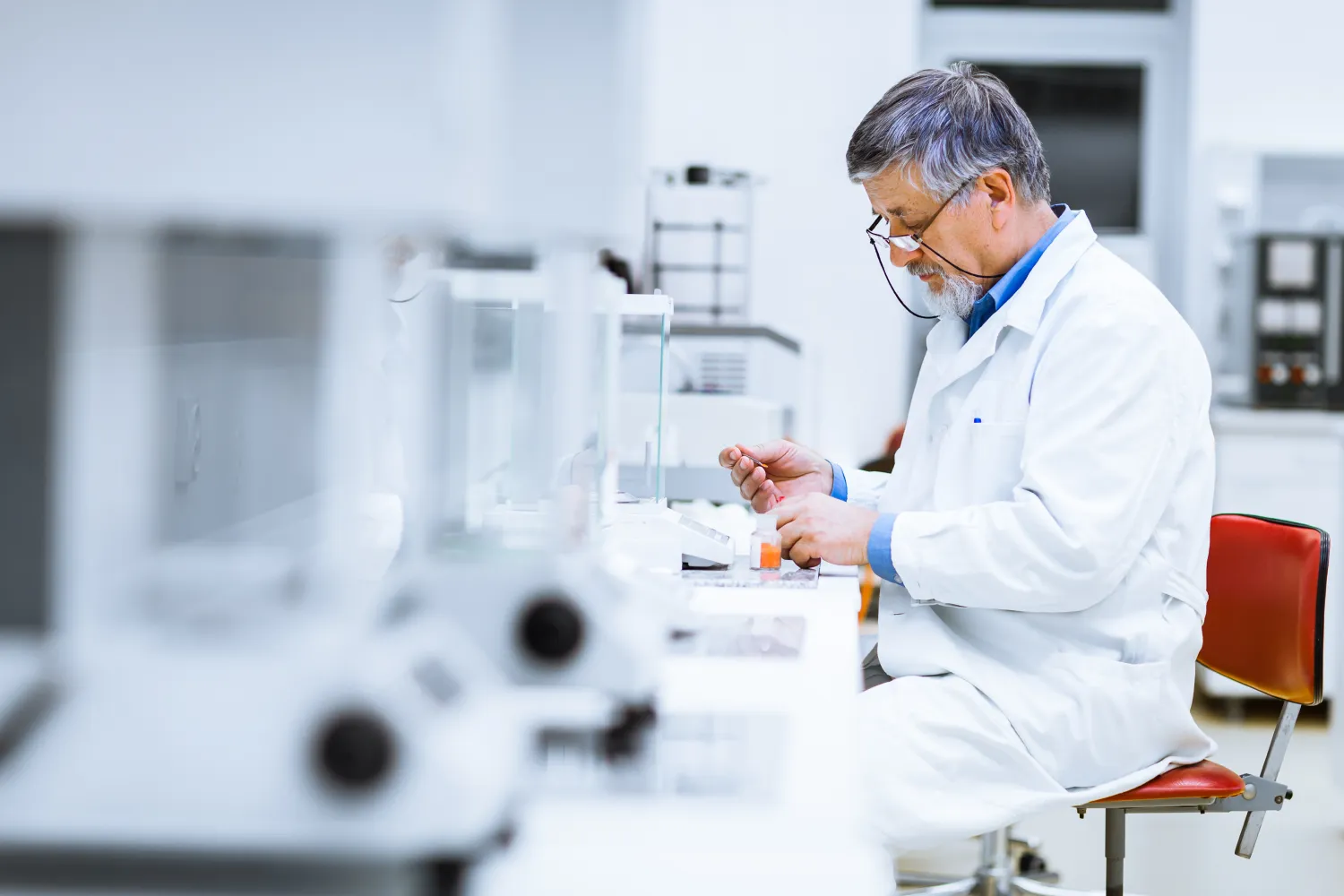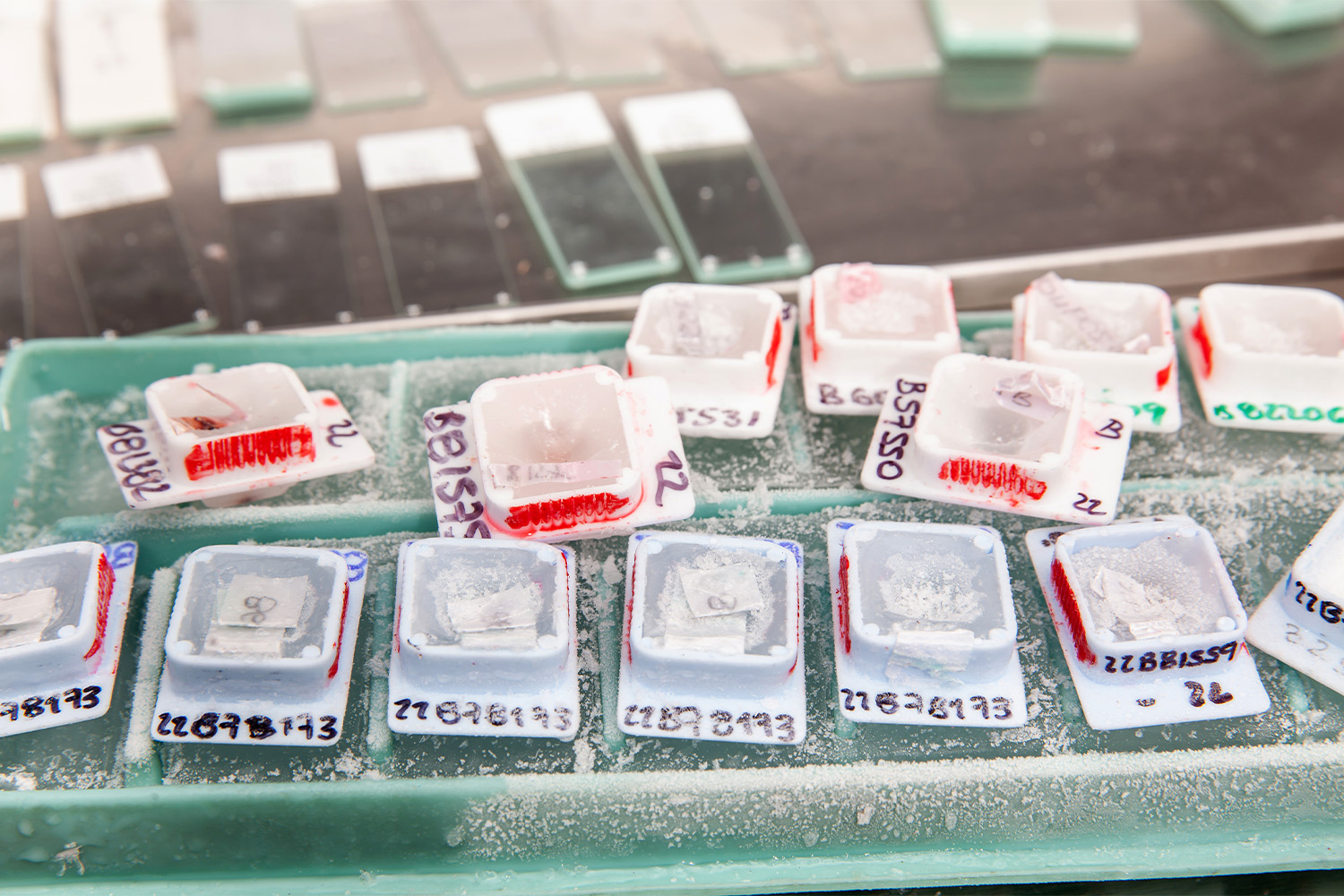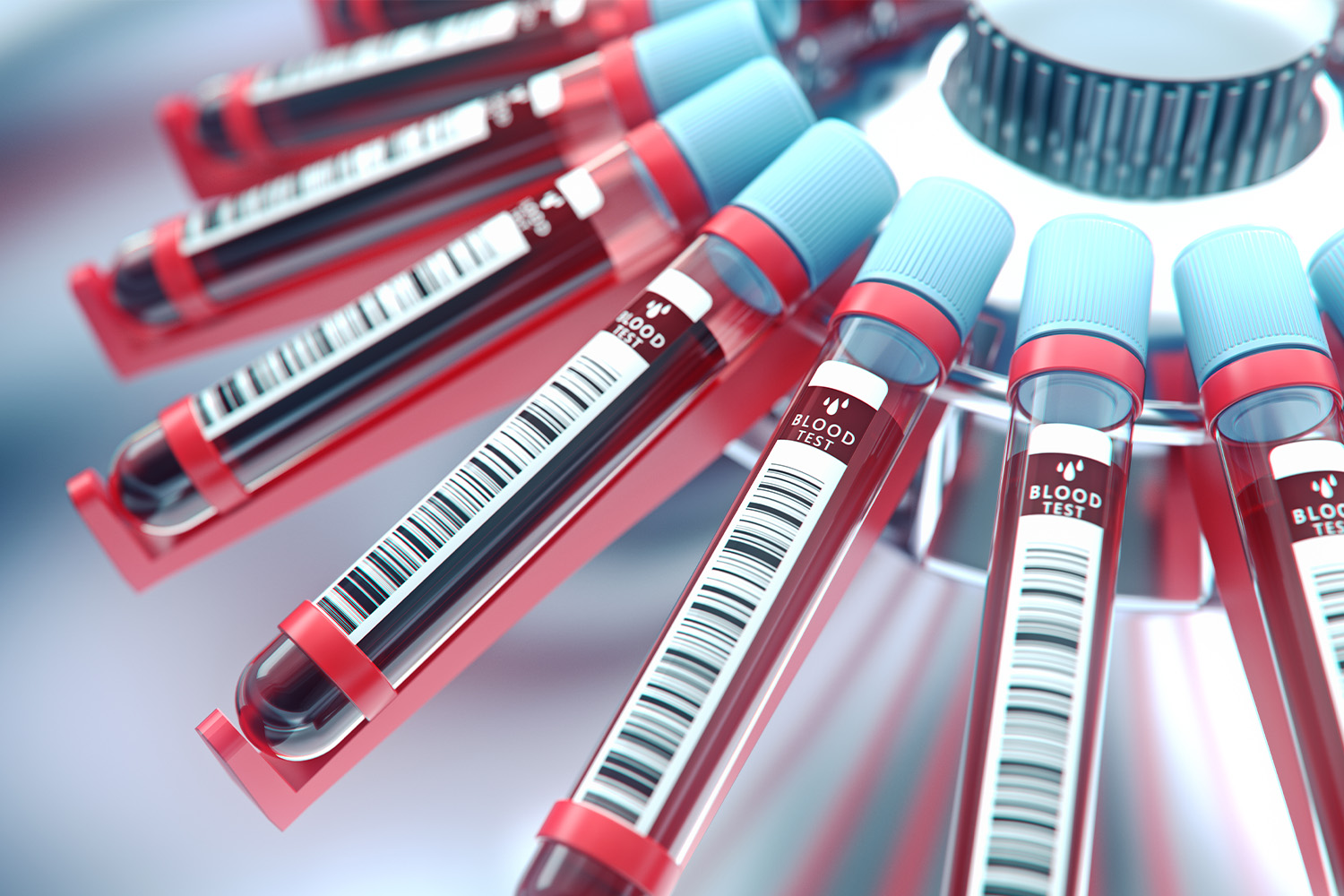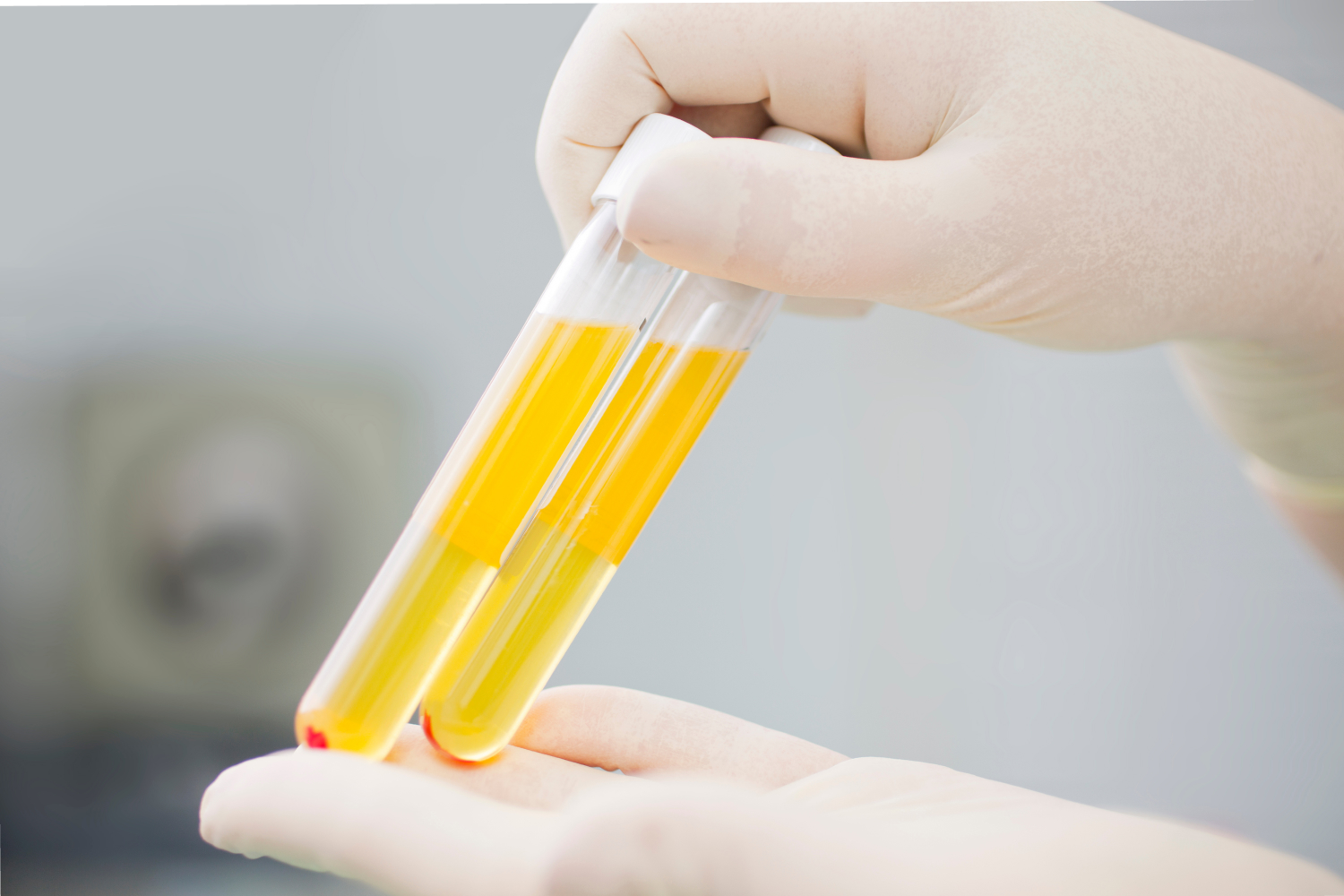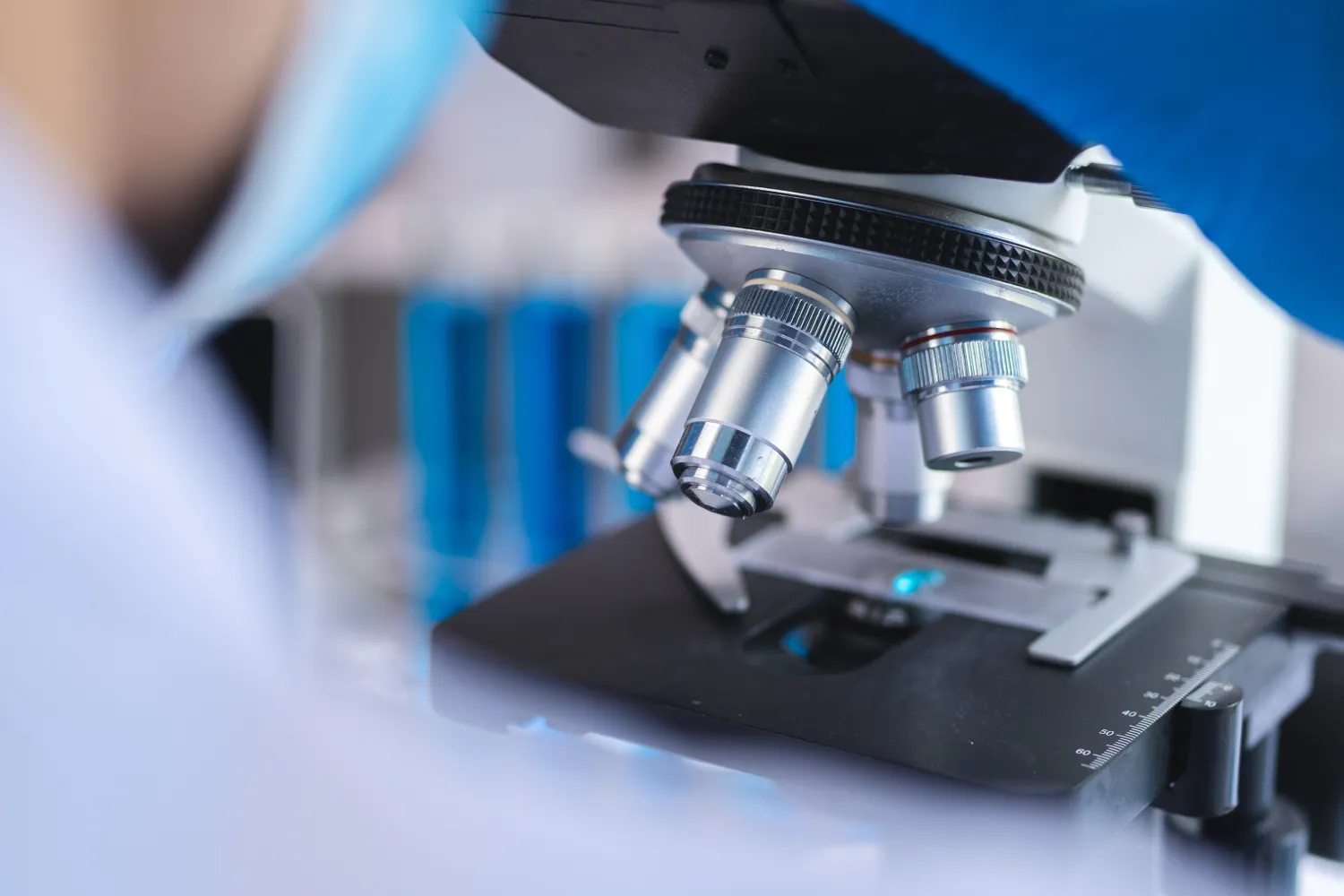Endocervical swabs are invaluable procedures to help diagnose and treat certain gynecological conditions. An endocervical swab specimen is taken from the cervix and usually performed in an outpatient or laboratory setting, making it perfect for application in clinical research.
The specimen can be used to detect certain bacteria or to analyze the pH of the cervix to diagnose infection. Additionally, endocervical swab specimens can be used to detect abnormal cells in the cervix that may indicate the presence of cancer.
The procedure for collecting an endocervical swab specimen involves the use of a swab that is inserted into the endocervix and then rotated slowly in a circular motion. The swab should remain in the endocervix for at least one minute and be then withdrawn slowly.
Similar to other diagnostic swabs, the endocervical specimen procedure involves minimal risks or complications before the specimen is placed into a container for transport and further processing.
In clinical research studies, endocervical swab specimens are frequently used and can provide valuable insight into the health of the cervix such as with the impact of certain HPV strains and other sexually transmitted infections (STIs). The results from these studies can help inform healthcare providers on potential strategies for treatment and prevention of STI-related cervical conditions.
Most endocervical specimens are used to compare the differences between healthy and diseased cells in the cervix, as well as to help develop diagnostic tests and treatments for gynecological conditions.
In addition, endocervical swab specimens can be used to observe the effects of medications and therapies on the cervical tissue.
By collecting endocervical specimens, researchers can gain a better understanding of gynecological health and provide improved care for patients.
Regarding cancer specifically, endocervical swab specimens are also used in clinical research to help diagnose cancer, as they can detect abnormal cells that may be indicative of malignancy. These specimens are particularly important in diagnosing cervical cancer because they can detect the presence of cancerous cells and reveal the extent to which the disease has progressed.
In addition, endocervical swab specimens can be used to monitor changes in the cervix over time to determine the effectiveness of treatments and identify new biomarkers associated with the development and progression of cancer. These specimens are crucial for cancer researchers to gain insight into underlying causes of gynecological cancers and to develop better treatments for patients.
Because endocervical specimens are critical to overall gynecological health, finding the right source of specimens and a partner to run tests or culture them is paramount to any research or other biomedical endeavor.
At iProcess Global Research, you can expect to work with an organization that maintains a global network of over 1,000 sites to supply biospecimens, including not just endocervical swab samples but also blood, plasma, serum, urine, and stool.
Additionally, iProcess has an in-house CLIA certified laboratory for infectious disease testing and Next Genome Sequencing needs.
Request a quote here or contact us to learn more.
Sources:
